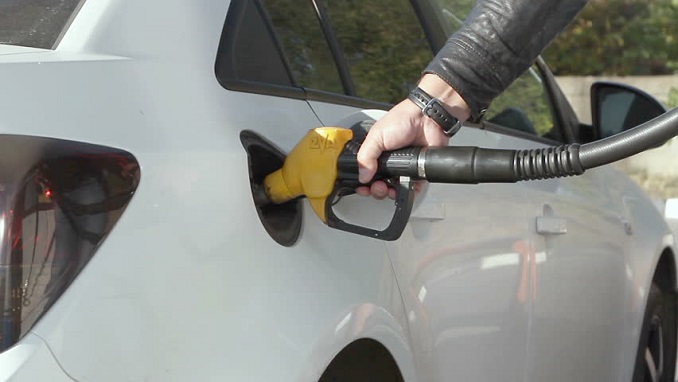The Russian Fuel Union sent Prime Minister Mikhail Mishustin a letter about the difficult pricing situation in which independent gas stations found themselves, Interfax reports.
The union offered the head of government measures to normalize the situation and asked for help in resolving the issues raised, said the head of the RTS, Yevgeny Arkusha.
According to him, since mid-May, consumer demand for motor fuel began to recover sharply, “and today its level is higher than in the same period last year, which can be explained by the lack of the possibility for Russians to travel abroad during the holiday season and more active use of personal vehicles”.
The problem in the union is that fuel production has not recovered to the level of 2019 and domestic demand is not being satisfied.
“As a result of the lack of supply and unsatisfied demand, not only in the wholesale link at the exchange trading, but also in the small wholesale segment, wholesale exchange prices significantly increased, followed by small wholesale prices. The situation is especially critical for gasoline, the wholesale prices of which are almost equal to retail, and in some regions even exceeded them,” the letter says.
Regulators are persistently urging manufacturers to increase fuel production and supply across all distribution channels. But these actions are not effective enough “in the conditions of the existing tax system, damping mechanism and price conjuncture of the external market,” they say in the union.
As a result, in July 2020, the production and shipment of gasoline to the domestic market remains lower than in July 2019. This creates the conditions for the disparity in wholesale and retail prices, which leads to unprofitable retail sales of motor fuel and which is the reason for the observed increase in gas station prices. “What is happening on the fuel market today is a systemic problem and is repeated periodically,” RTS emphasizes.
To normalize the situation and eliminate the disparity, as well as to exclude the possibility for further forced growth of retail prices above inflation, the union proposed to increase gasoline production in volumes corresponding to increased demand, “including due to a change in the structure of oil products and, possibly, adjustments of the damping mechanism.”
If there is no possibility of increasing fuel production, the RTS proposes “the adoption of administrative measures to limit exports and lift the ban on import of gasoline and diesel fuel from August 1, 2020.”
The RTS also considers it correct to increase the standards for gasoline and diesel fuel sales at exchange trading “to the current levels of 2020.” “It is also necessary to accelerate the implementation of the decision to reduce railway tariffs for the transportation of gasoline and diesel fuel to the balance points located in the Far Eastern Federal District,” the statement says.
Earlier, Arkusha said that independent gas stations are in a difficult situation, it is time to think about their support in a pandemic. Independent gas stations, after three months of independent struggle against growing problems, were forced to work at a loss and in the conditions of a shortage of oil products for their gas stations.
“At the same time, private gas stations in some regions of the country where there are no large oil companies are the main supplier of petroleum products to the population, and therefore perform a social function,” said the head of RTS.
He proposed including independent gas stations in the list of sectors affected by the pandemic, this would help them solve the problems associated with loans and lack of working capital.
As previously reported, the FAS and the Ministry of Energy prepared measures for the stability of the fuel market, in particular: increasing the standards for exchange sales of fuel, extending the obligation to sell oil products in established volumes to all oil refiners (not just dominants), introducing responsibility for non-compliance with regularity and uniformity requirements sales of petroleum products on the stock exchange. In addition, a proposal was made at the government level on the possibility of lifting the ban on imports of petroleum products.












